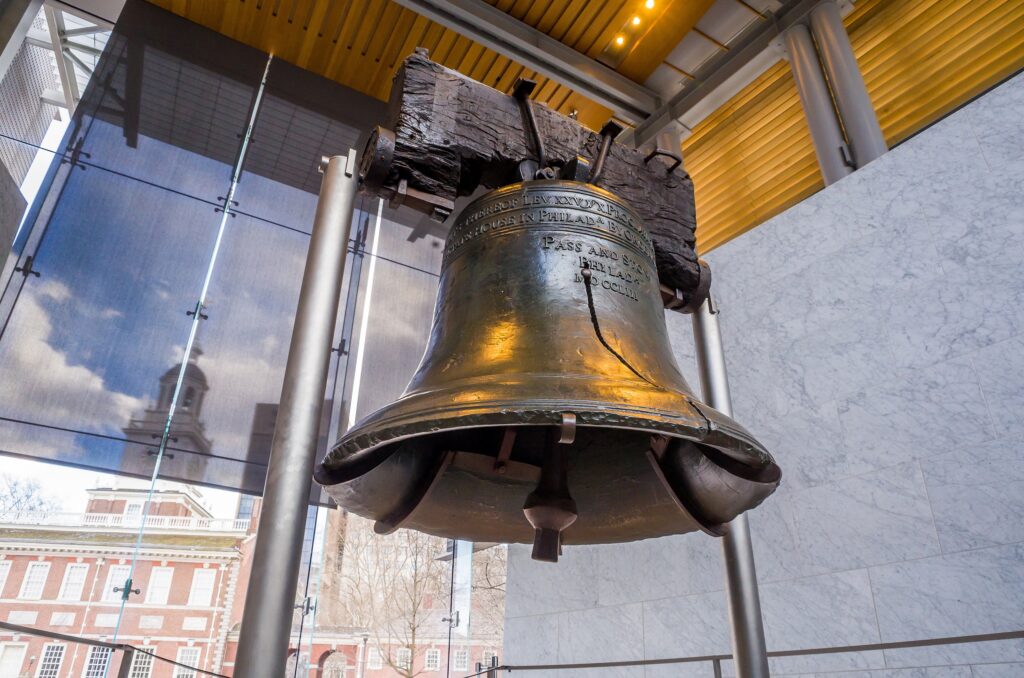Letter: RSI-MA Carbon Pricing Testimony
Testimony of Josiah Neeley, Energy Policy Director
R Street Institute
In Opposition to H.1726- An Act to promote green infrastructure, reduce greenhouse gas emissions, and create jobs
Dear Chairman Golden,
The R Street Institute is a nonprofit, nonpartisan public-policy research organization based in Washington, D.C. We strive to promote free markets and effective government policies in many areas, including the pricing of carbon emissions.
As the Energy Policy Director at the R Street Institute, I write to you out of concern over the fiscal implications of H.1726. My portfolio at R Street focuses on infrastructure, wholesale and retail electricity, research and development, fuel choice and diversity, and climate adaptation and mitigation.
While the R Street Institute favors market based approaches, we also recognize that climate change poses real risks that warrant governmental response. To that end, we have long advocated a fee on carbon emissions with revenue used to offset cuts to other more economically damaging taxes.
A revenue neutral carbon fee has two key positive features. First, it is an efficient way of reducing greenhouse gas emissions. Economists generally agree that the least costly way to reduce emissions is through an emissions fee. Whereas bureaucratic regulations attempt to limit emissions through mandating or prohibiting specific actions, an emissions fee would give consumers and producers flexibility to respond in the way that is least burdensome. A price on carbon emissions would also spur innovation by creating incentives to find new, less costly ways of reducing emissions.
While an emissions fee can achieve a given amount of emissions reduction at a lower cost than direct regulation, it is not costless. For this reason, the fact that an emissions fee would also generate revenue is critically important. Revenue generated from the fee can be used to fund cuts to existing state taxes, thus further reducing or eliminating the overall cost to the economy. To the extent that an emissions fee is used to o set cuts to more burdensome taxes, the swap can be economically as well as environmentally beneficial.
It is important, therefore, that all of the revenue generated by an emissions fee be returned to the public, rather than being used to fund other programs. Attempts to use some or all of the revenue to fund special emissions reduction projects would undermine the effectiveness of the fee and would leave Massachusetts citizens less protected against the higher fuel and electricity costs that a fee could generate.








